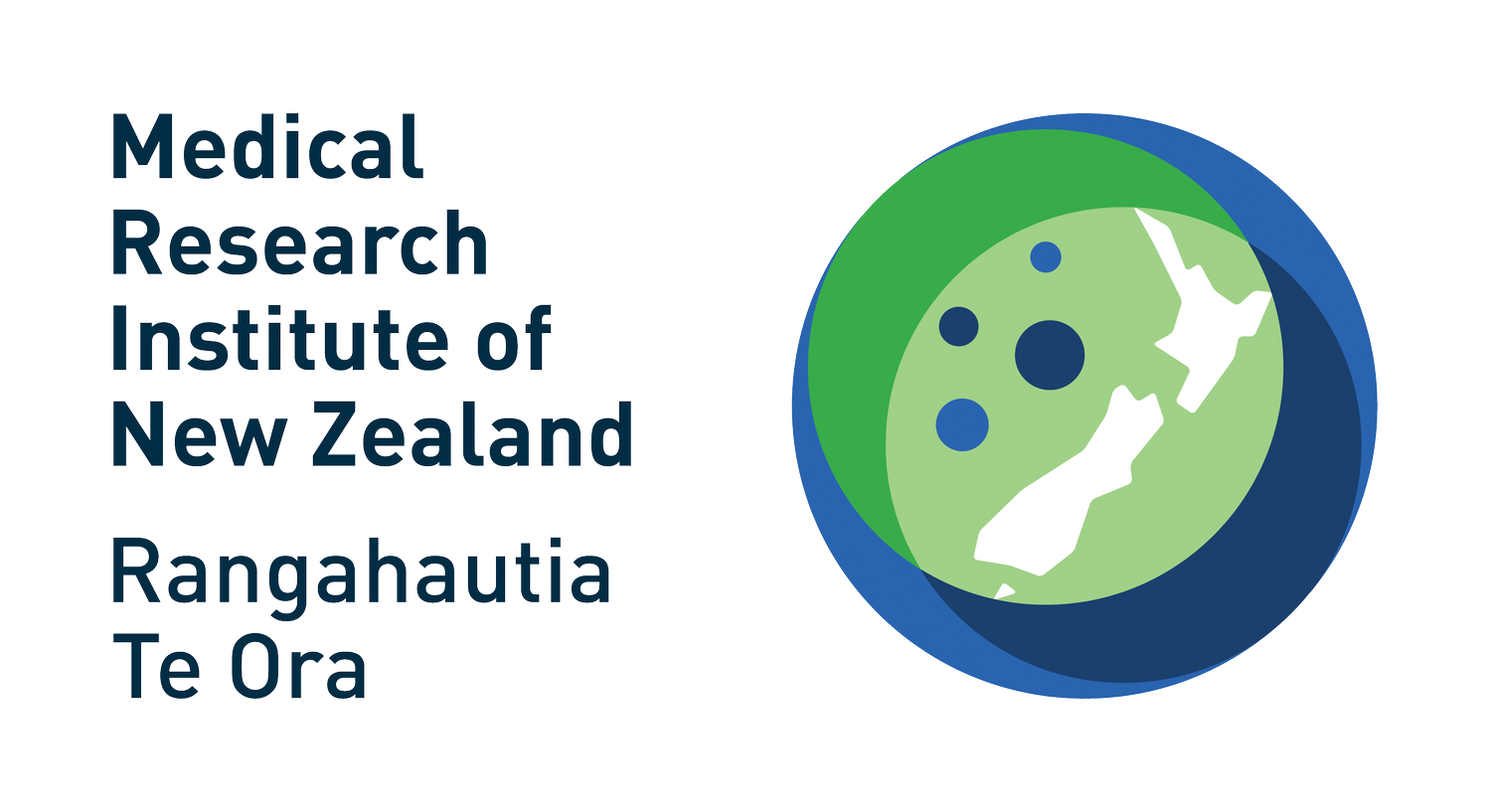Dr Fu presents the “Taking Charge after Stroke (TACAS)” intervention at the European Stroke Organisation Conference
Dr Vivian Fu recently presented her exciting PhD research “Taking Charge after Stroke“ on a simple but effective intervention which improved patient quality of life, ability to live independently and to perform activities of daily living.
Traditionally stroke research has focussed on the hyper-acute management, in the belief that intervention early on makes the most difference to stroke outcomes. Although many rehabilitation programs have been developed in the past 10 years; none have demonstrated improvements to patient independence or quality of life.
The WHO ICF; a framework to help us understand the effect of a condition on a person’s life. Illustrated by Dr Ciléin Kearns
The World Health Organisation has developed the International Classification of Functioning, Disability and Health. This helps us understand how a condition affects a person’s life. The “Taking Charge” session was designed to specifically address these components. It’s a kind of talking therapy which is conducted in a patient’s home on discharge.
Dr Fu’s research provides level 1 evidence from a randomised controlled trial of 400 patients, reproducing previous positive findings from a smaller study of the intervention. Both studies found that patients who had a Take Charge session reported significant improvements in quality of life, ability to live independently at 12 months, and to perform activities of daily living. This effect was enhanced when a patient received two sessions rather than just one.
You can watch the full ESOC presentation here: https://cdn.simul-europe.com/esoc2019/bart-2.mp4
Taking Charge after Stroke free resources are available here: https://mrinz.ac.nz/programmes/stroke/
If you would like to enquire about the resources and how to use them, please contact harry.mcnaughton@mrinz.ac.nz



